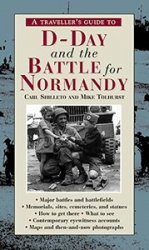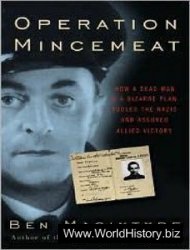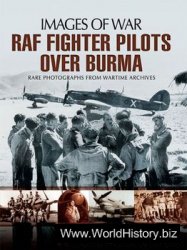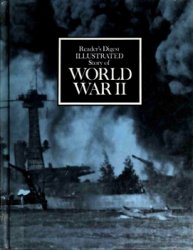Masterman attended and gave an account of the Twenty Committee’s activities since the beginning of 1944. Since Overlord, Masterman explained, the Twenty Committee had naturally begun to wind down its work. There were now only five active double agents: Tate, Bronx, Rover, Gelatine and Garbo, who was notionally in hiding, but still in contact with Madrid. Of these cases the only one who might prove genuinely useful in the post-war world was Garbo. It was intended that Garbo should go off to Madrid and make contact with his former employers to monitor the new German secret service when it was formed. Although Masterman said that B1a should maintain its links with the various service departments to act as approving bodies for double cross material, he reported that the actual Twenty Committee had served its purpose and should be dissolved. Thus the Twenty Committee ceased to be. The final, 226th, meeting was held later that day.
One by one the members around the table expressed their appreciation for the work of the secret committee. The Director of Military Intelligence said that as chairman of the W Board, he would write to MI5 and the SIS to express the board’s thanks. Guy Liddell graciously returned the compliment and thanked the Directors of Intelligence for the wireless deception campaigns that gave credence to Garbo’s phantom army. The last word went to Johnny Bevan.
The Controlling Officer of Deception had already made known his feelings on the usefulness of the double agents. On 25 October he had written to the Director General of MI5 and applauded the work of his organization as ‘outstanding’. He added, ‘I believe it will be found that the German High Command was, largely through the medium of B1a channels, induced to make faulty dispositions, in particular during the vital postOverlord D-Day period.’1 Since then more information had come to light. A German map dated 15 May 1944 had been found showing the German appreciation of the armies in Great Britain. Even a cursory glance showed that the Germans had completely accepted the double agents’ fake order of battle. Further proof came from the interrogation of POW German Intelligence officers. They had firmly believed there was a concentration of troops in south-east England poised to strike across the Channel at the Pas de Calais. As final proof, a cache of daily intelligence summaries had been
304
EPILOGUE
Discovered. A study of the documents showed that Garbo’s reports had been one of the primary sources of information used to compile them.
As all the agents were shut down and arrangements made for their ongoing security, B1a had one final act: to secure Garbo for future use. The last message from Madrid to Garbo had been sent on 8 May 1945. It spelled out the end for Germany, but also gave Garbo a cover address in Madrid where he could make contact. First Garbo had to get back to Spain, and this was complicated. Garbo’s arrival in England had not exactly been legal, the Spaniard having been secretly smuggled out of Lisbon to Gibraltar without the requisite paperwork being completed. Therefore, to deter suspicion about his long stay in Britain, a way had to be found to get a new passport which did not have a British stamp on it.
Tommy Harris came up with the solution. Garbo would go to America posing as an art student. From there he would travel to Latin America, lose his passport and apply for a new one from the local Spanish embassy. Harris was well connected in the art world, so he was able to obtain letters from the Courtauld Institute indicating Garbo was making a study of the influence of Spanish art in the Americas. Harris also arranged for Garbo to receive a series of lectures in the subject by art historian and secret Soviet spy, Anthony Blunt. Garbo was then accompanied to America by Tommy Harris. While there, he met FBI Chief Hoover before applying for various visas in Latin American countries. He was given permission to go to Cuba, from where he travelled on to Venezuela. It was here that he obtained a resident’s permit, which allowed him to apply for a new Spanish passport and visa. He travelled back across the Atlantic and arrived in Spain on 9 August 1945. After landing in Barcelona he set off on his final mission for Britain.
Garbo located his old case officer, Kuhlenthal, and renewed his offer to work for Germany should the secret service be restored. During their reunion Kuhlenthal gave no indication that he was suspicious of Garbo. He only expressed regret that he had been unable to secure the Iron Cross award for Garbo. Due to his Spanish nationality, there had been various bureaucratic difficulties. Hitler had apparently agreed to let Garbo have the award, but the end of the war came before the necessary paperwork could be completed.
Their reunion ended after three hours. Kuhlenthal asked Garbo what he planned to do next and hinted that he himself might need some help getting out of Spain and going into hiding. Garbo said he would probably go to Portugal and then head for South America. Knowing the difficulty of crossing into Portugal, the German quizzed him about how he would get across the border. Garbo’s response was fittingly cryptic. He simply replied: ‘Clandestinely’.2




 World History
World History









